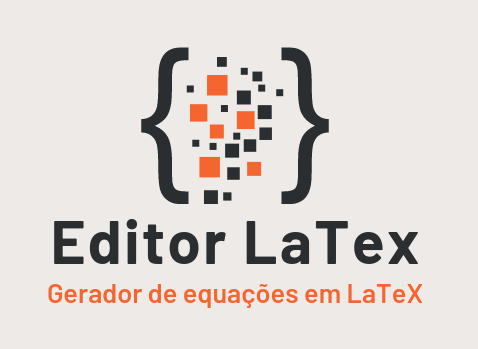Rosana de Oliveira Gomes
Omdena
Sijuade Oguntayo
Omdena
Zayd Vawda
Omdena
Resumo simples publicado nos anais do I Congresso Brasileiro de Física: Introduction: Given to the constant challenges with climate change in the past decades, the efforts to ensure access to affordable, reliable, sustainable, and modern clean energy for all by 2030 is now a worldwide plan. As many nations increase their share of renewable energy supplies, new challenges in the energy sector appear, due to the lack of stability from clean energy sources in comparison to fossil fuel based energies. Advanced Artificial Intelligence techniques such as Deep Learning are good tools to identify complex patterns in energy sources such as sun and wind, which can vary significantly over time, due to weather and climate conditions. Goals: This work has the goal to investigate the potential of Machine Learning and Deep Learning techniques on forecasting wind and solar energy supplies. Method: In order to make such an analysis, we focus on case studies for 2 countries, which can be extrapolated to other regions in the world. We apply different Time Series techniques from Machine learning and use different Deep Learning models for this task, such as Neural Networks and Recurrent Neural Networks with different architectures. For wind energy, we focus on wind turbine data from the region of Ile de France, which contains information about wind speed, direction, location and estimated power output. For the solar energy analysis, we focus on Zimbabwe, utilizing solar PV data for location, information about the solar panel and weather. Results: Our results for wind energy allow us to forecast energy with a leading time of 18 hours and 1 hour resolution. Both models for solar and wind energy are able to describe seasonal and trend patterns with high resolution. Conclusion: This work shows that Artificial Intelligence techniques have great potential in the increasing clean energies job market and should be taken as part of educational techniques for engineers and practitioners in this field.
Palavras-chave: energias renováveis; física aplicada; inteligência artificial; machine learning; deep learning



